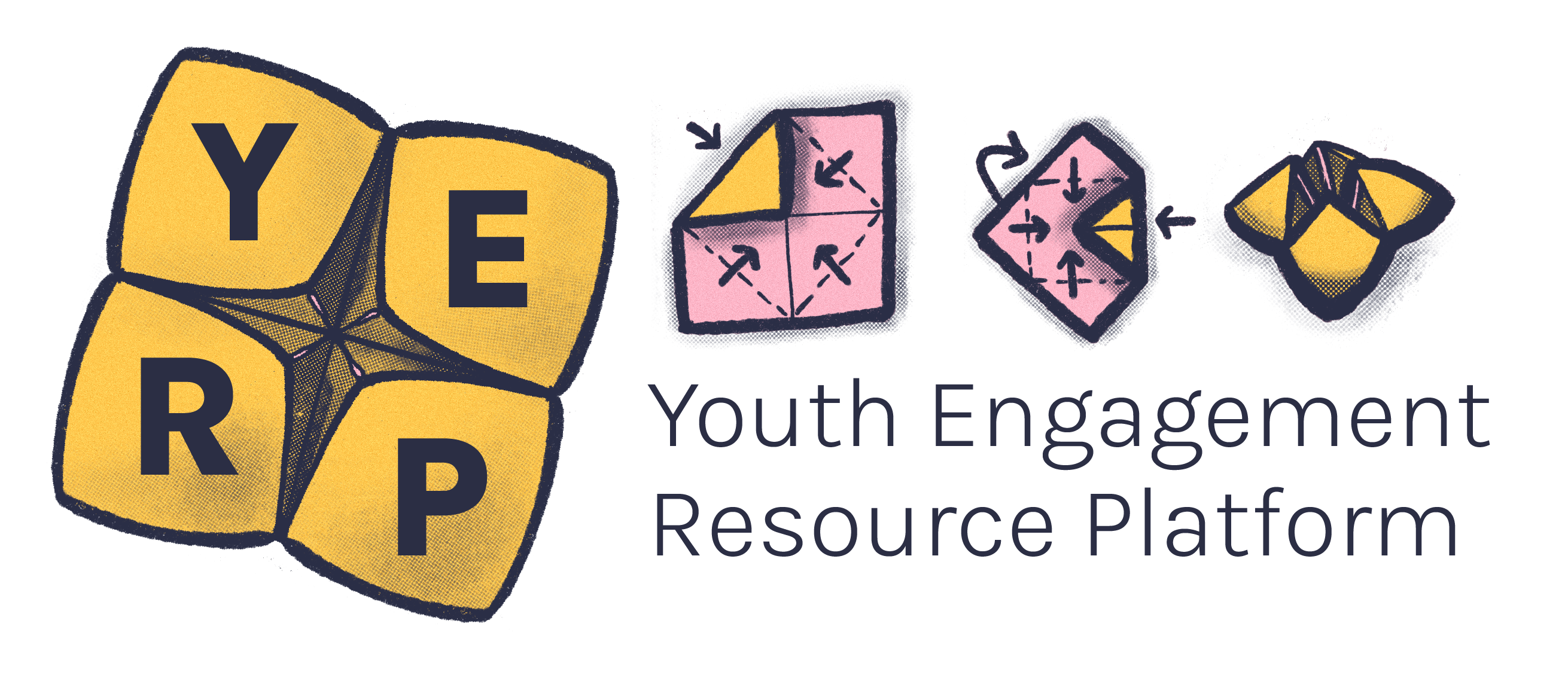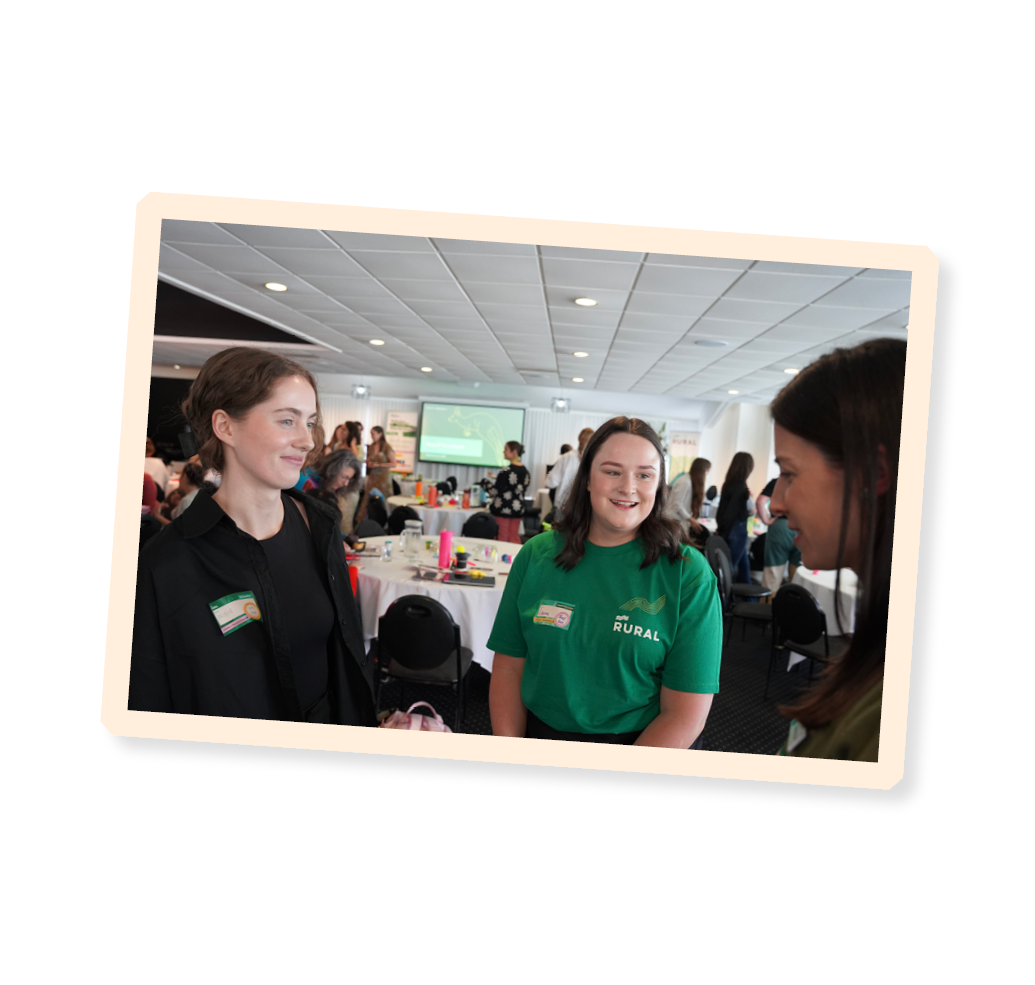Knowing how to build networks with people or organisations can be a useful skill.
Having a good network of people will help you spread your message, raise awareness about your issue or cause, expand your employment opportunities, and develop your skills and experience.
Networking is also a great way of tapping into the resources of other organisations or people.
Networking refers to building professional relationships with the purpose of exchanging information, expanding social connections and developing professional opportunities.
-
Networking is an essential part of career advancement across all industries. We’ve all heard the quote “it’s not what you know, it’s who you know.”
-
People with strong professional networks are more likely to see jobs they’re interested in advertised, have a selection of great references, and develop a positive reputation which increases the chances of being sought out for opportunities.
-
Networking applies to our personal lives too, helping us to build confidence and improve social skills and connections.
Before you begin networking it can be helpful to know what you hope to achieve. This can help direct where you look for opportunities or people you’d like to connect with.
Things to consider:
-
Who are the people and groups that your cause or issue affects? Where are they located? Which organisations are they a part of? You can use places like internet forums, social media, student unions or university notice boards to help find them.
-
Can you tap into existing programs and organisations or join established programs or projects?
-
Get in touch with relevant community groups or organisations to have a chat and exchange ideas. How could you help each other?
-
Before meeting with someone or contacting an organisation, research what they do. This way you’ll know if they might be able to help you.
Meetings
Once you’ve identified people or organisations you want to network with, ask if you can attend any meetings they hold. Local community or public meetings can provide good networking opportunities. You can raise your concerns or awareness about what you’re doing and see if anyone else is interested.
Conferences
Conferences are big meetings with speakers presenting their ideas and opportunities.
A conference related to your cause or issue will attract lots of people to network with. Be aware that conferences are often expensive to attend. Some offer reduced admission fees for young people – contact the organisers to find out.
Online
The internet can be a good way to network. Creating a LinkedIn profile with your up-to-date employment and education details is a great way to put yourself out there to employers or people who are pursuing a similar cause. You can add connections on LinkedIn that may be helpful to have in your network.
You can also post information about what you’re doing in forums or contact interesting people and/or organisations directly using social media.
-
Active listeners who show a genuine interest in the conversations they have
-
Confidently about their skills, strengths, and goals
-
Organised and punctual
-
Maintain an open mind and say yes to new opportunities whenever possible
Illustration by Joel Mamo

-
Research the people you are meeting.
-
When meeting for the first time, introduce yourself and describe your project, event or activity in a short, easily understandable way.
-
Ask them for their views or ideas.
-
Ask what they do. Try and find things you have in common.
-
Ask how you can help with their goals and how you might work together.
-
At the end, thank them for time and ask for their contact details if appropriate.
-
Give them your contact details or a one-page print out of what you're trying to achieve. You'll obviously need to plan and bring this with you!

-
Kagan, J. (21 June 2022). Networking: What It Is and How to Do It Successfully. https://www.investopedia.com/terms/n/networking.asp
-
Indeed. (29 November 2022). Benefits of Networking Skills and How to Develop Them. https://au.indeed.com/career-advice/resumes-cover-letters/networking-skills





